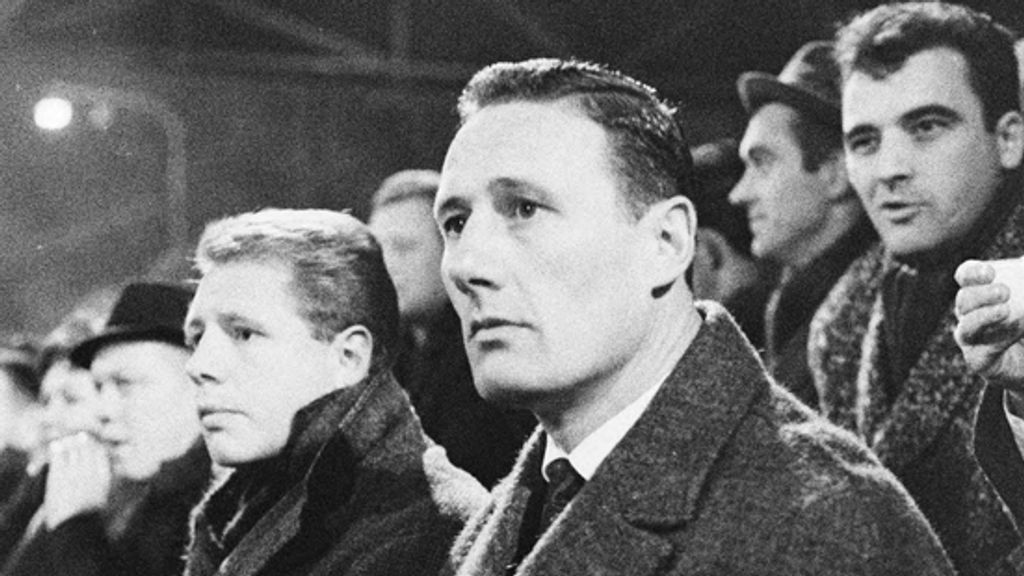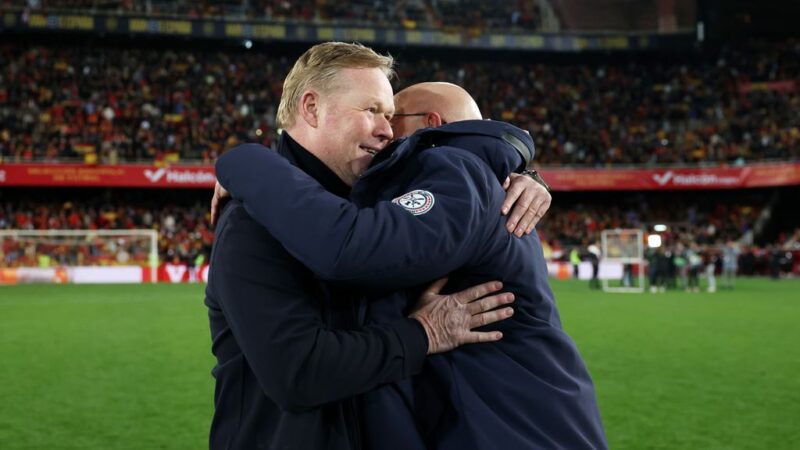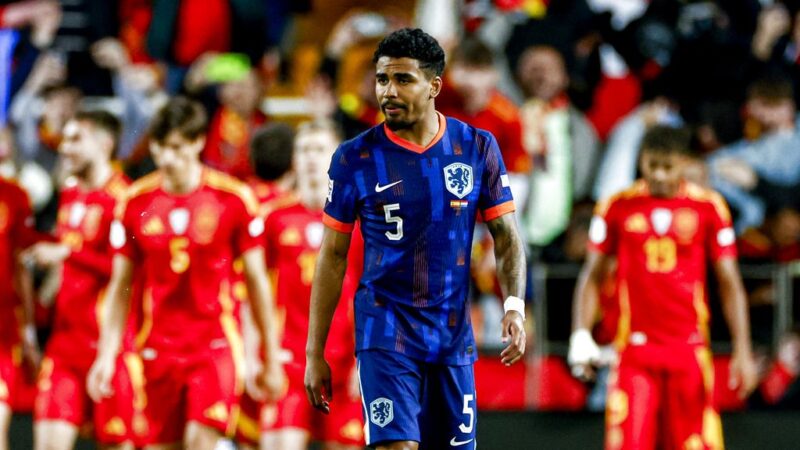Posthumous tribute from KNVB for Hague top soccer player Bram Appel

In cooperation with
Broadcaster West
NOS News–
The Hague former soccer player Bram Appel (1921-1997) will receive posthumous honors from the KNVB. The soccer association acknowledges that Appel was very important for the development of professional soccer in the 1940s and 1950s. “Bram Appel played a leading role for Dutch soccer in his time as player and trainer,” the KNVB announced to Omroep West.
Biographers Martijn Schwillens and Bob Thomassen had called for the former ADO Den Haag striker to be honored. In total, Appel played only twelve international matches although he was among the top European players in the early 1950s. There could have been many more if then KNVB chairman Karel Lotsy had not bothered him. For example, just after World War II, Appel was not allowed to play for the Dutch national team because he had played in Berlin during the war as a forced laborer, against his will, for the German top club Hertha BSC.
Suspension by league
Also in 1949, the Hague striker was thwarted and even suspended by the Football Association. He, like several of his contemporaries, had then signed a professional contract abroad. Appel went on to play for France’s Stade de Reims and won several prizes there (including a precursor to the Champions League). But in Holland, he and players like Frans de Munck, Kees Rijvers and Faas Wilkes ended up on a blacklist. A selection for Orange was therefore (again) out of the question.
The biographers describe the facts in The Cannon, their book about Appel. And with that book under their arms, they went to visit KNVB president Just Spee in Zeist this week.
“You never really know at the KNVB,” Schwillens said. “But the enthusiasm with which Just Spee responded to our request for rehabilitation gave us the idea that he was open to it.”
It showed. Spee spoke in praise, “For Bram Appel, in addition to his merits on the field, he was also the initiator of the 1953 Watersnoodwedstrijd,” said the KNVB president. “History teaches us that this match became the catalyst for the birth of professional soccer in the Netherlands. With today’s perspective, we at the KNVB think it is important to honor soccer heroes like Appel for the role they played. And the footballing generations of today and the future stand on the shoulders of the generations that came before them.”
Appel’s daughter let it be known through biographer Schwillens that she was pleased with the tribute. “She said she liked this better than an official apology,” he states. “If the KNVB had said, sorry he was entitled to twenty more internationals, she wouldn’t have been able to buy anything for that.”
Apology from the KNVB did not get Appel. According to Schwillens, that makes sense. “Spee did not want to judge the decisions of his predecessors in the 1940s and 1950s. He said those people can no longer defend themselves.”
Second symbol
The tribute also more than satisfies biographers. Schwillens points out that the KNVB is honest about past mistakes. “That Appel’s only living contemporary Kees Rijvers was honored as a Federal Knight last spring was the first signal that the generation of the early 1950s is being rehabilitated. Appel’s rehabilitation is a nice second symbol.”






One thought on “Posthumous tribute from KNVB for Hague top soccer player Bram Appel”
Comments are closed.